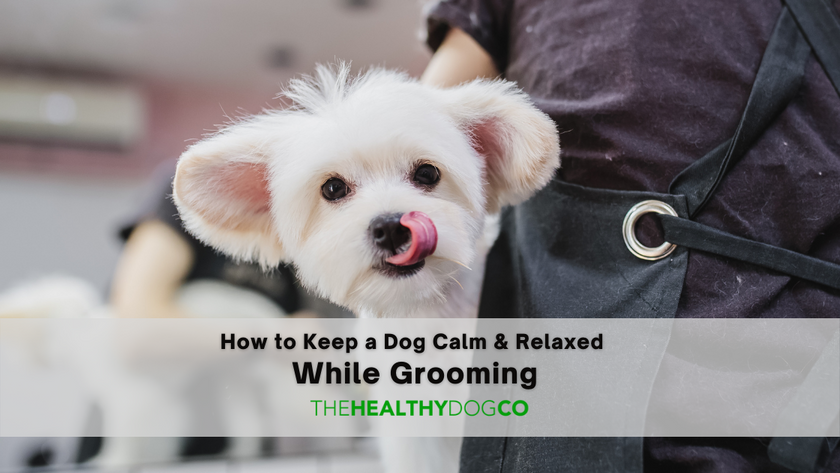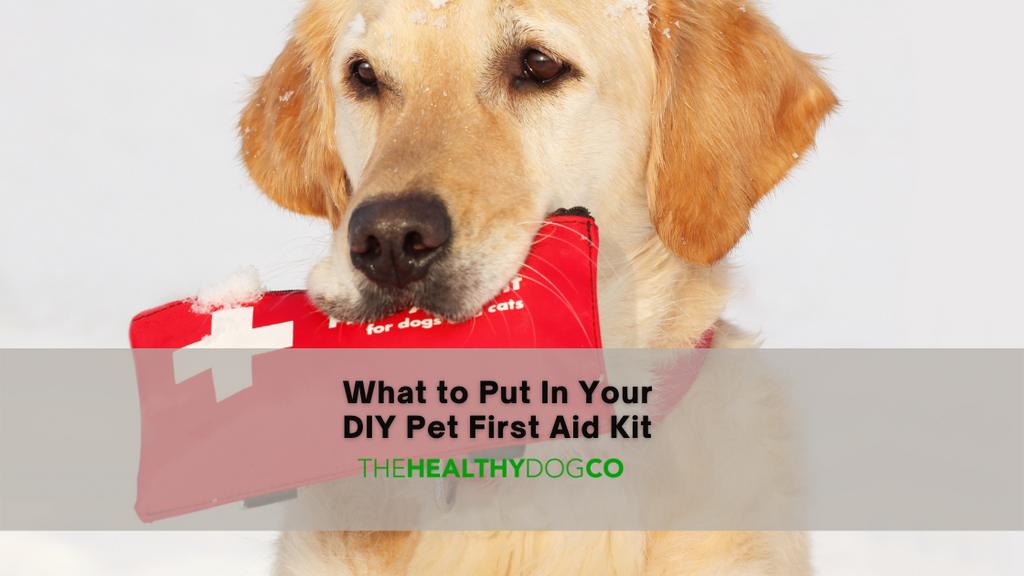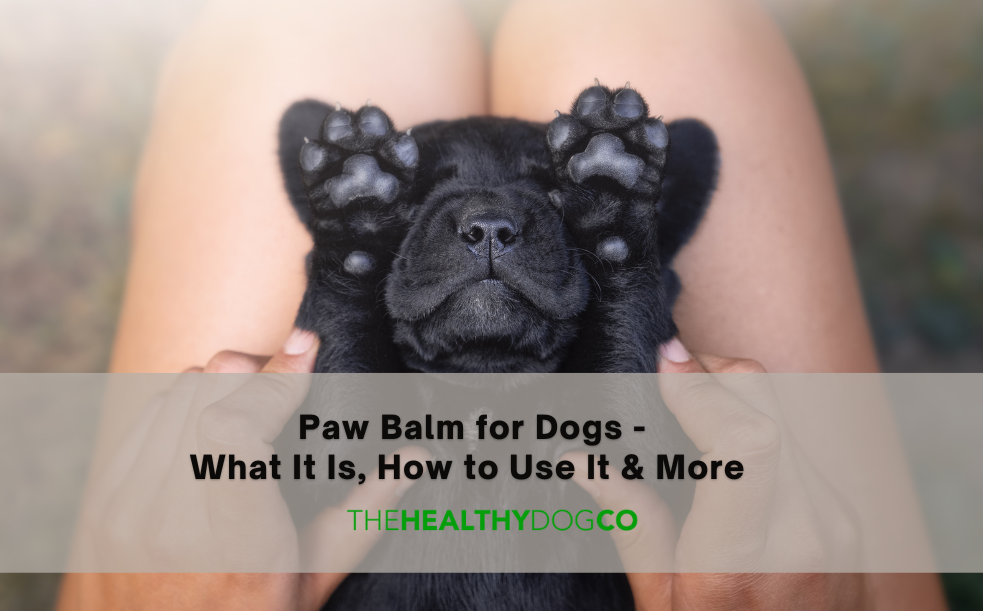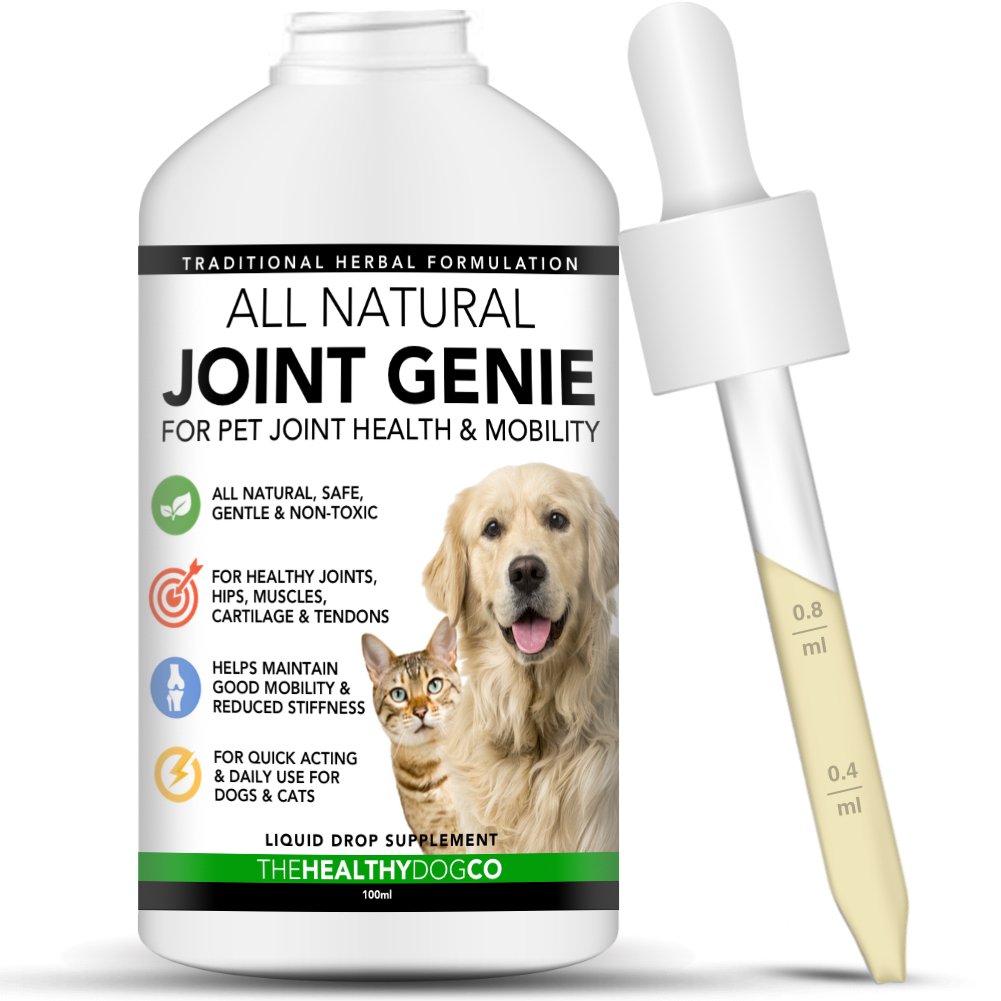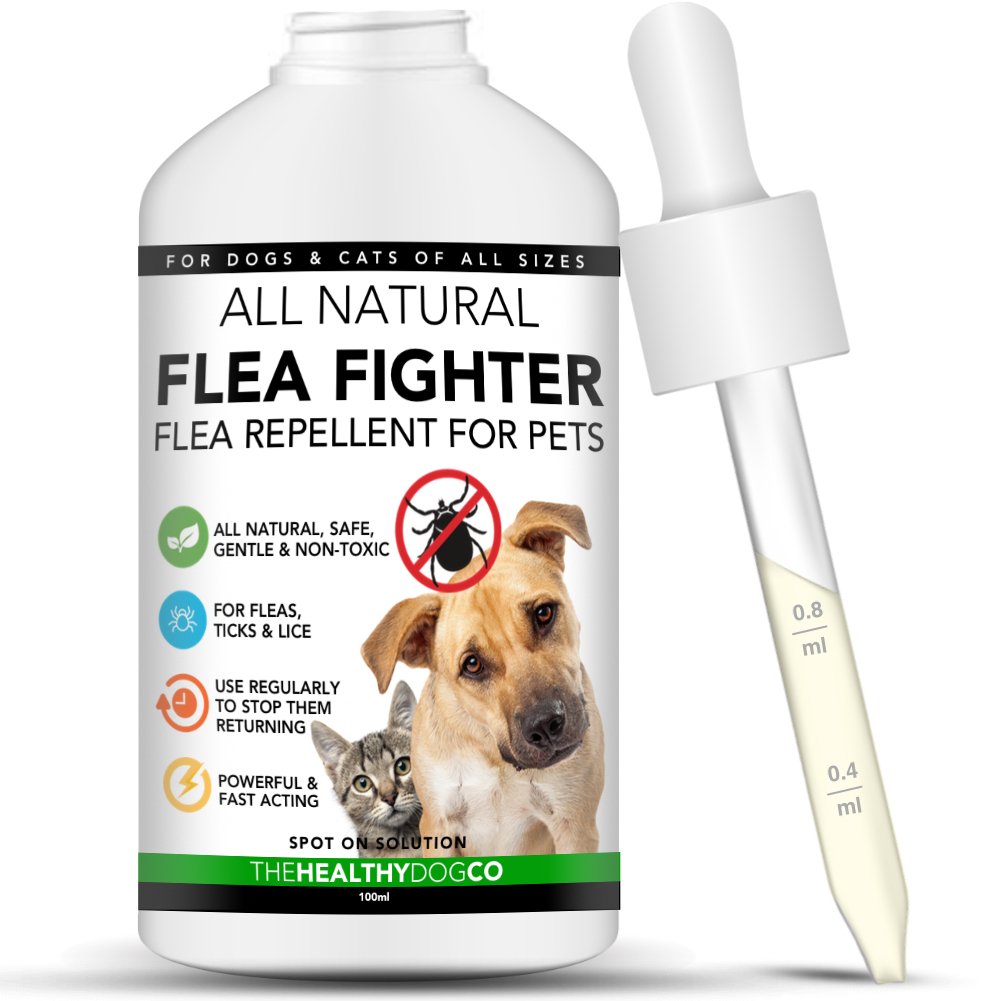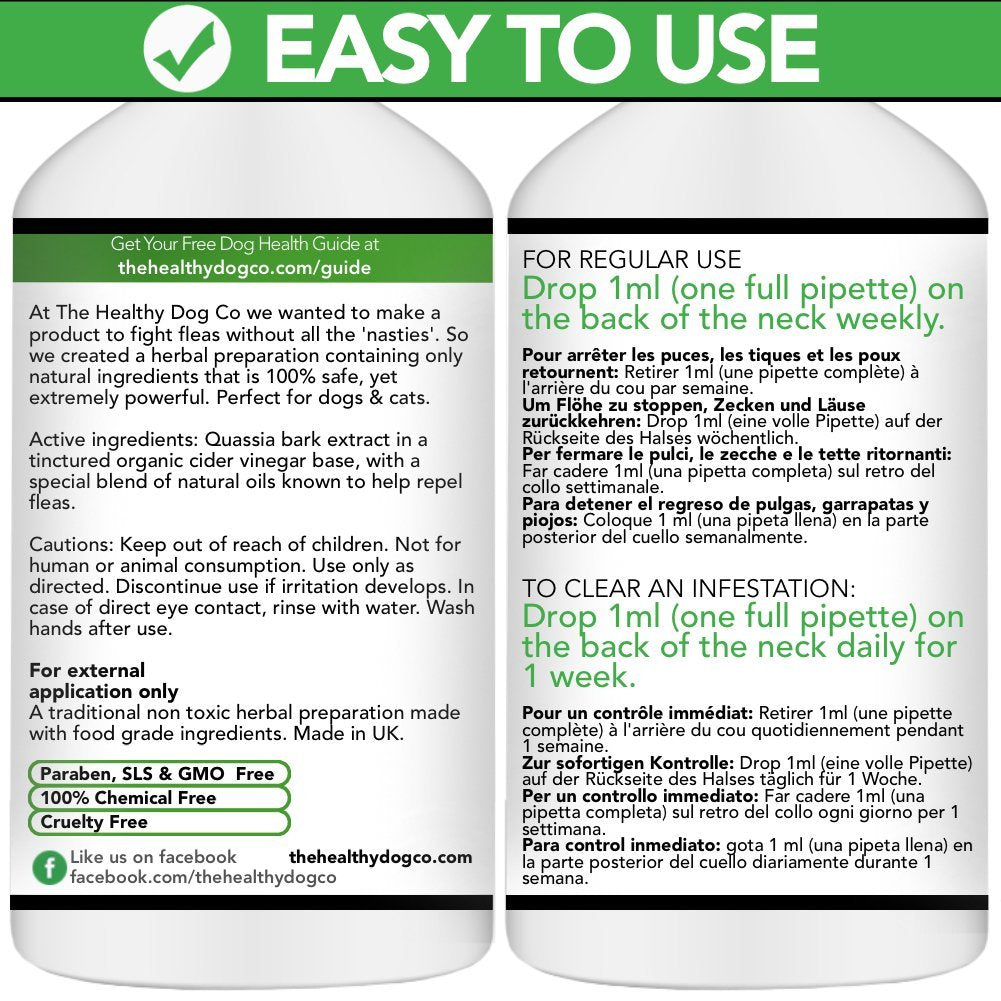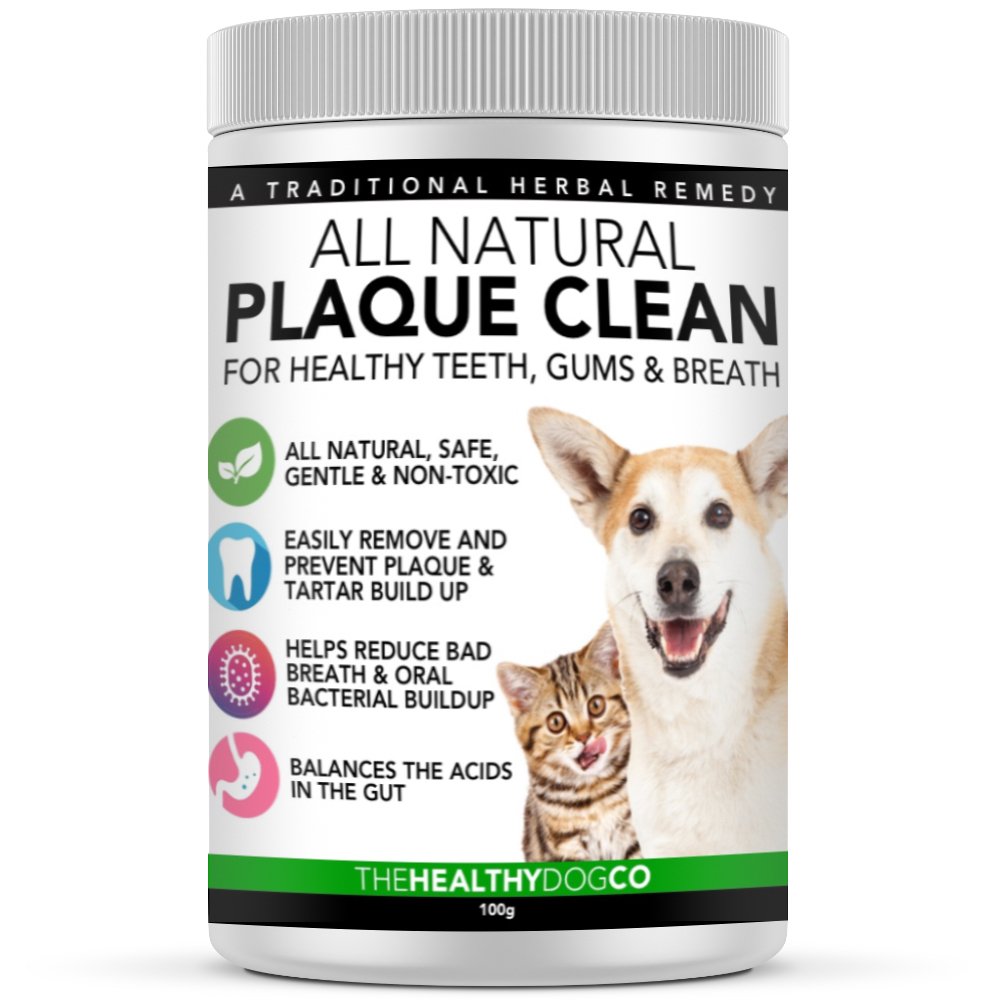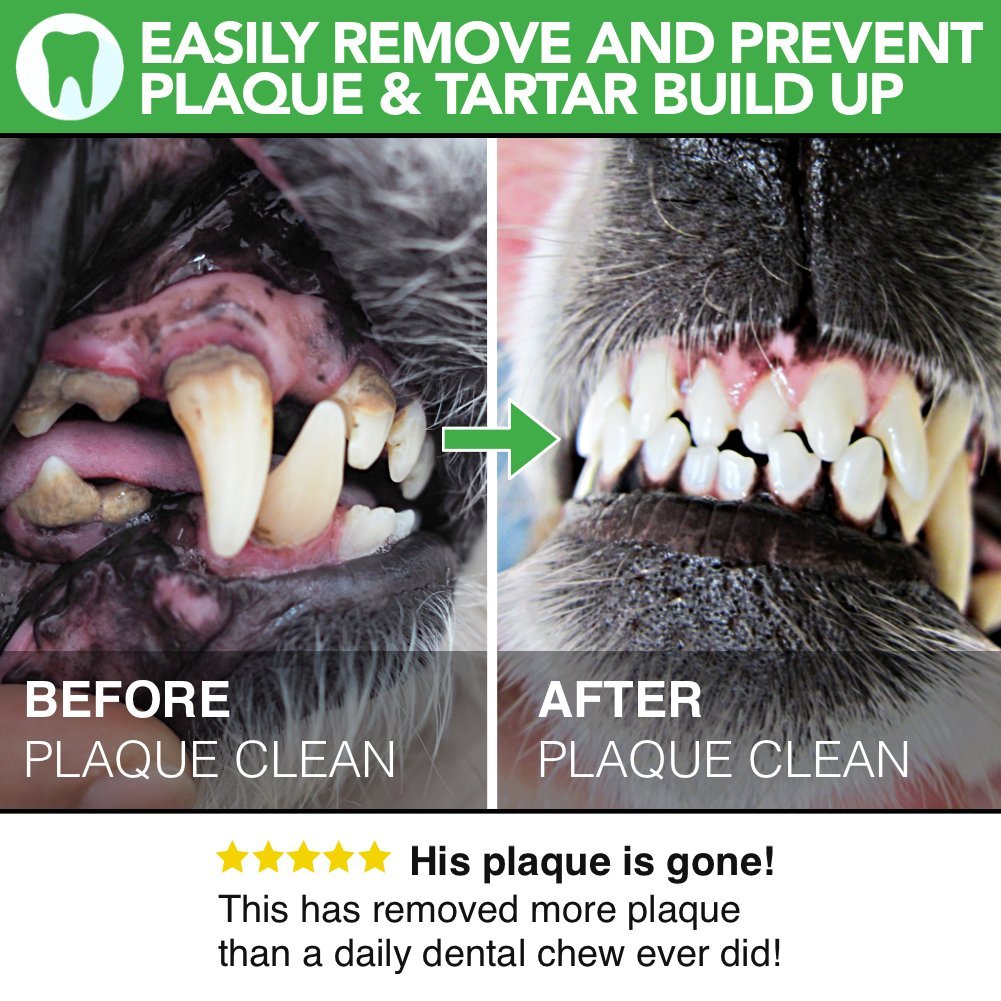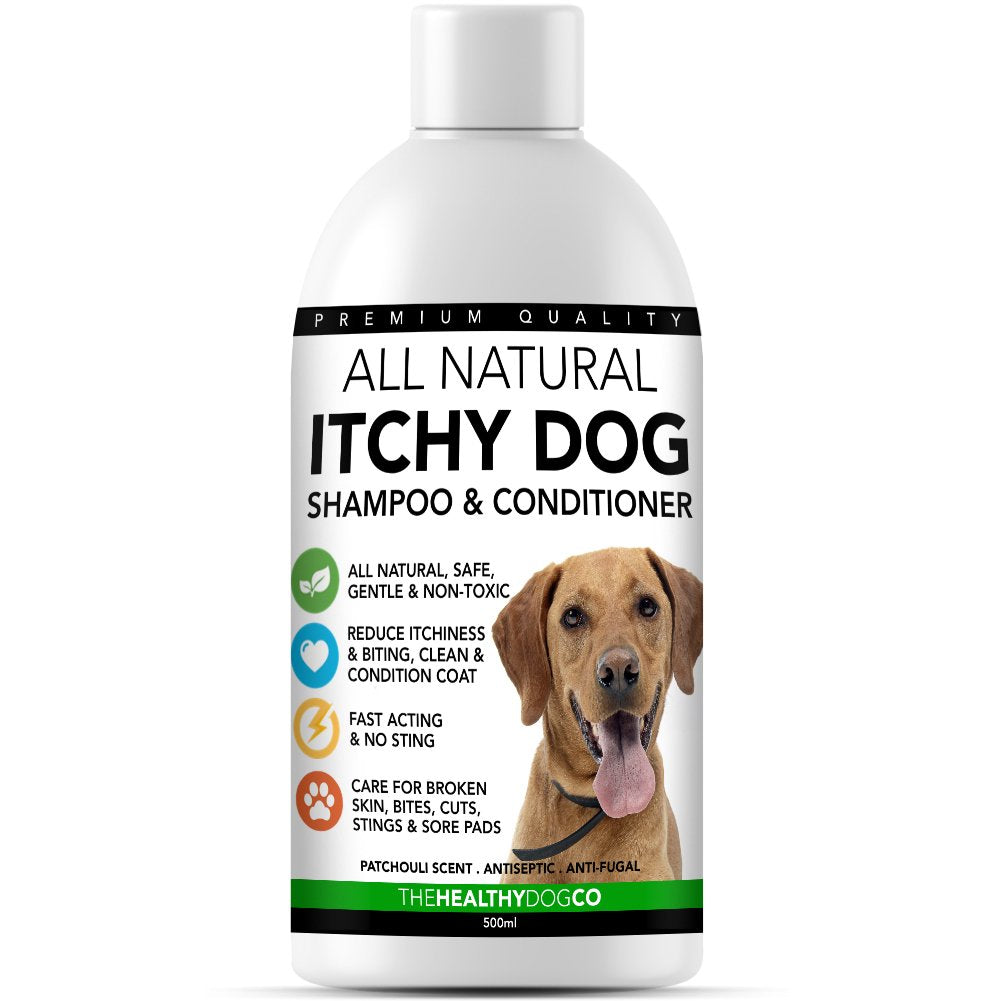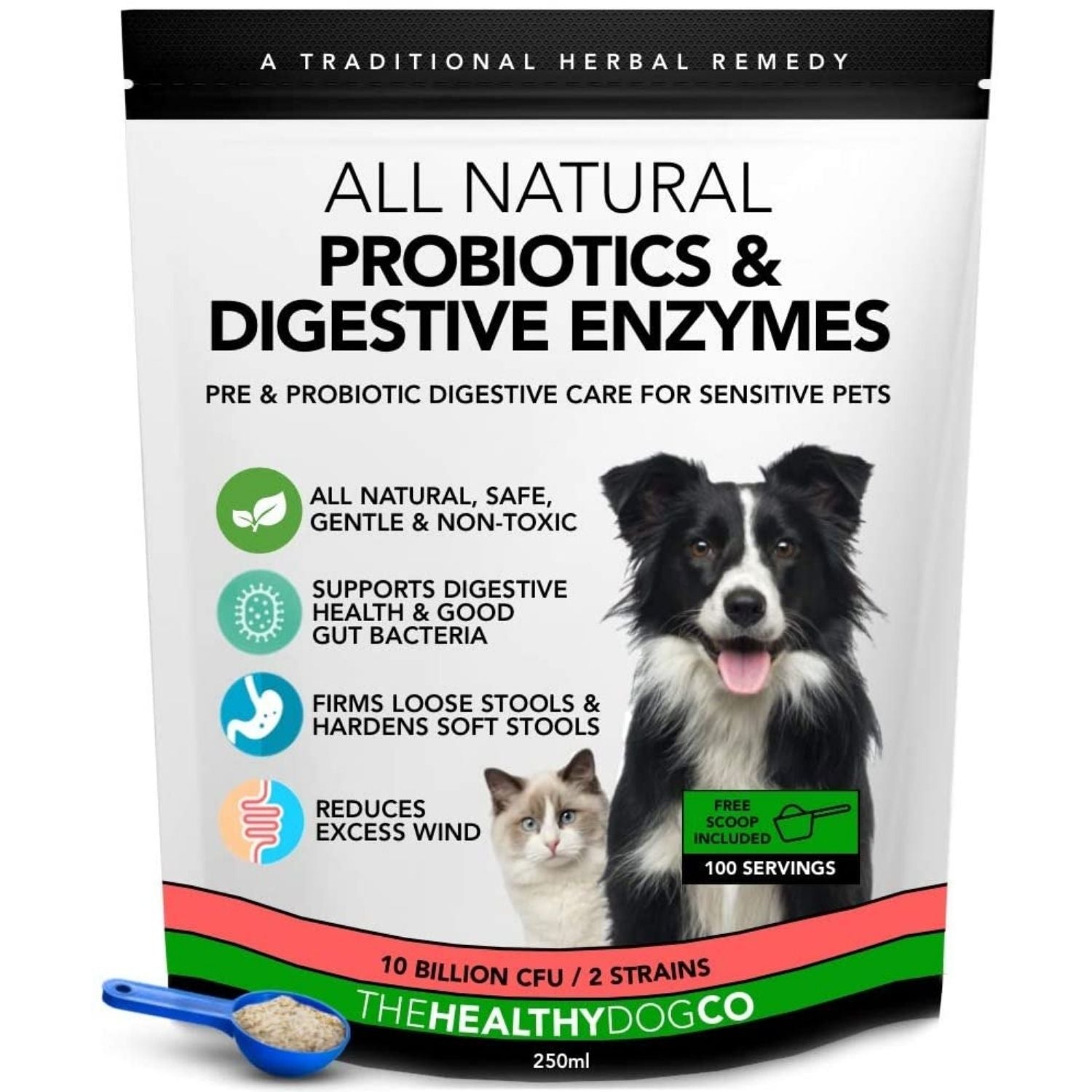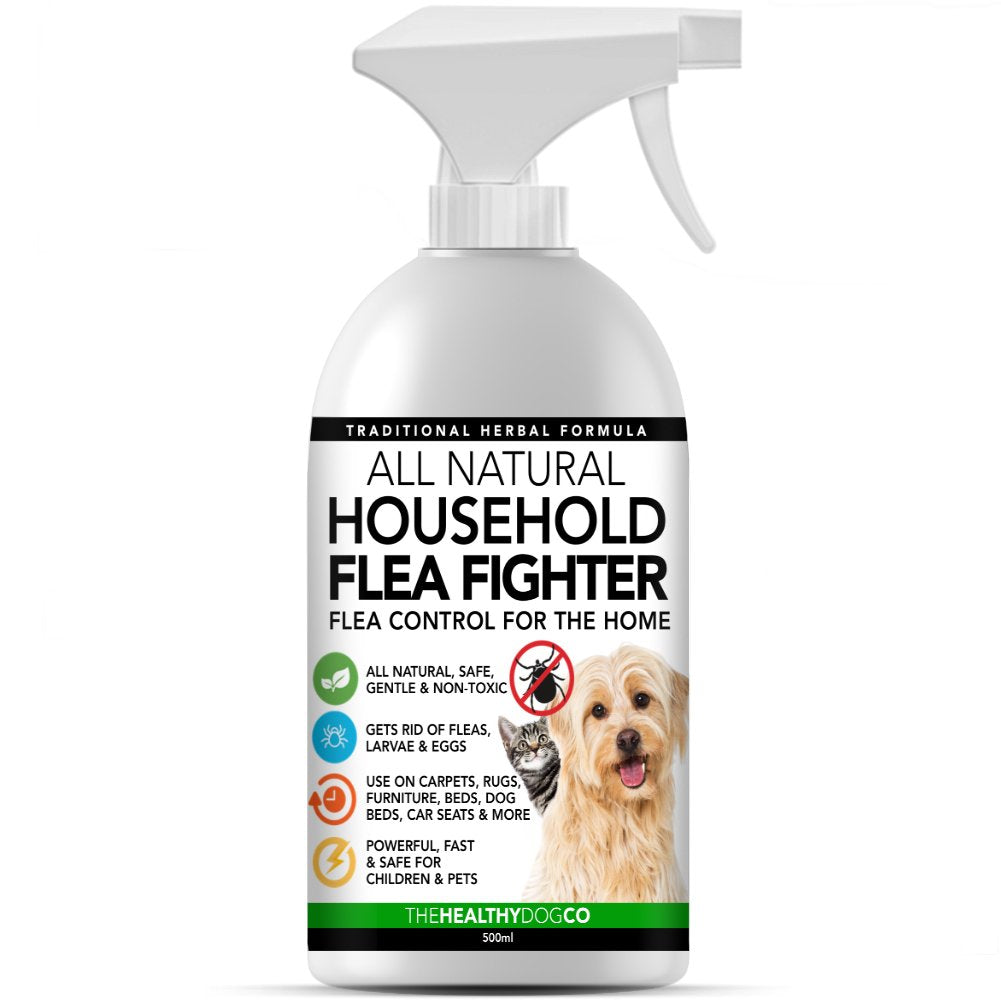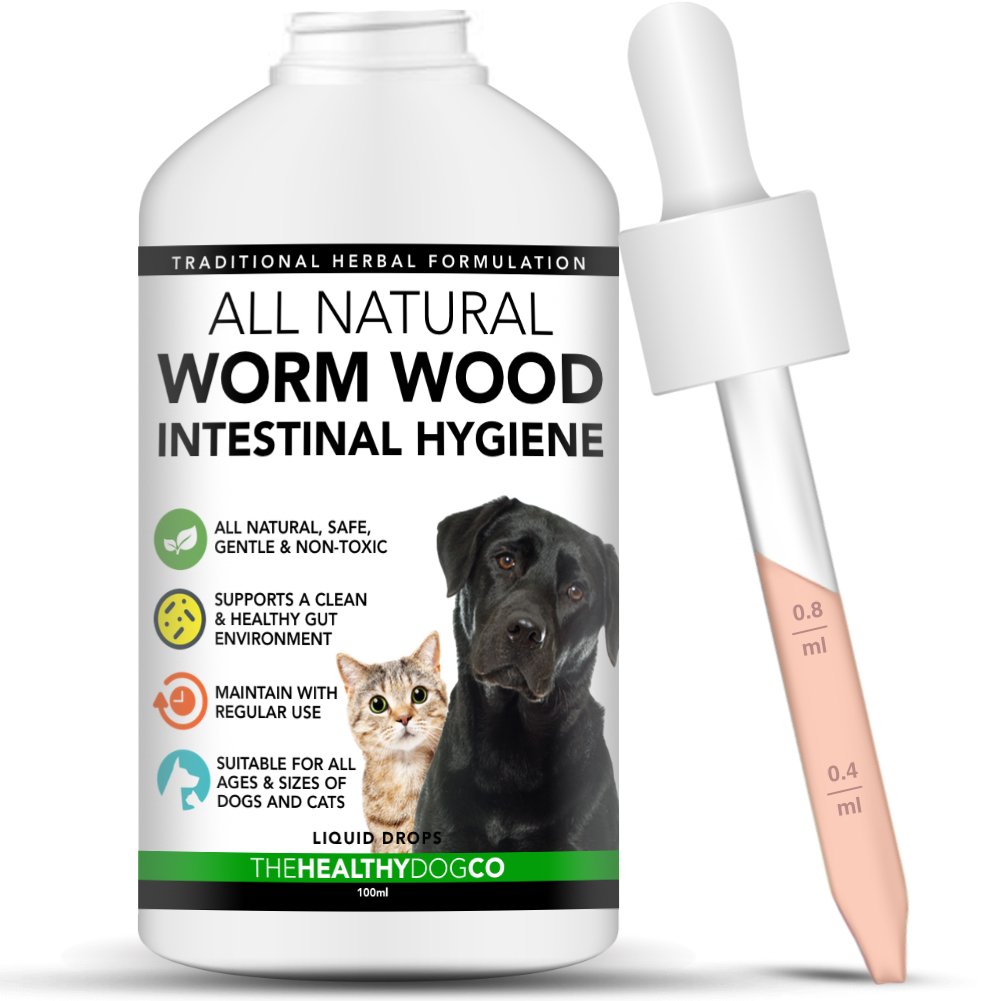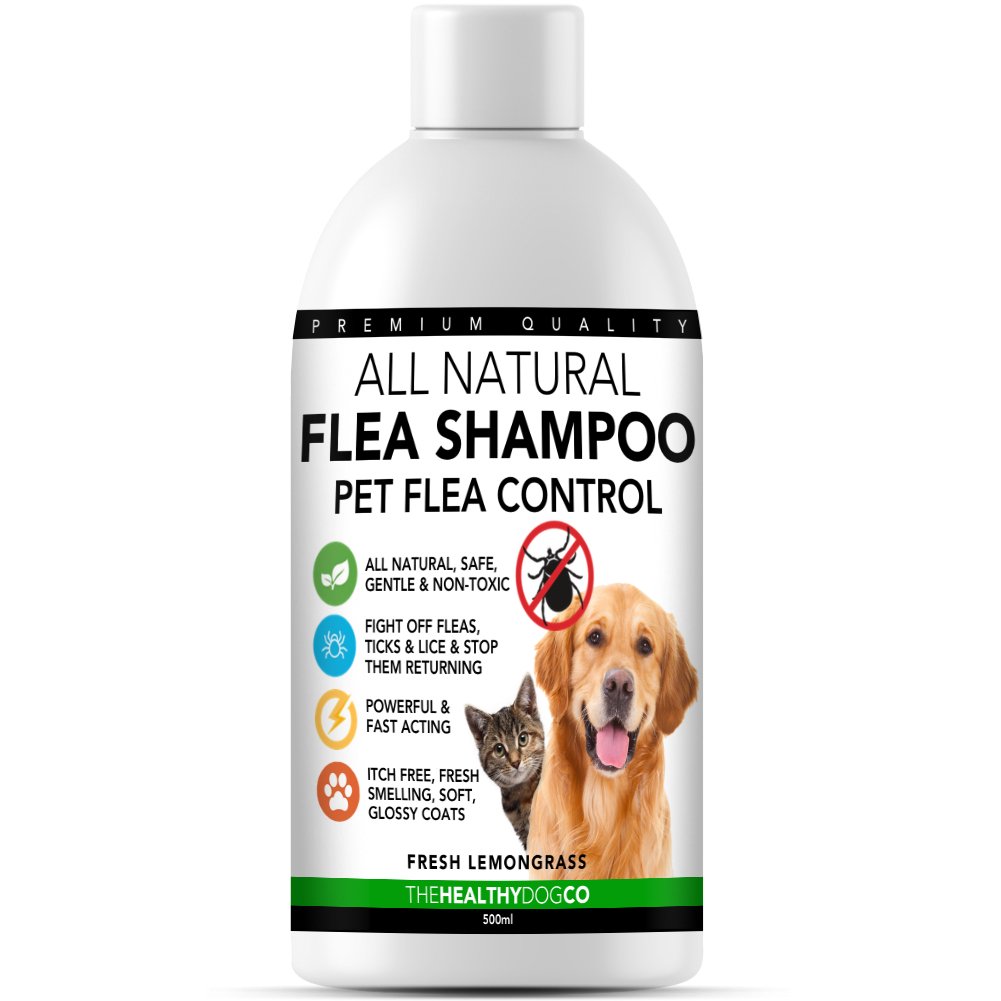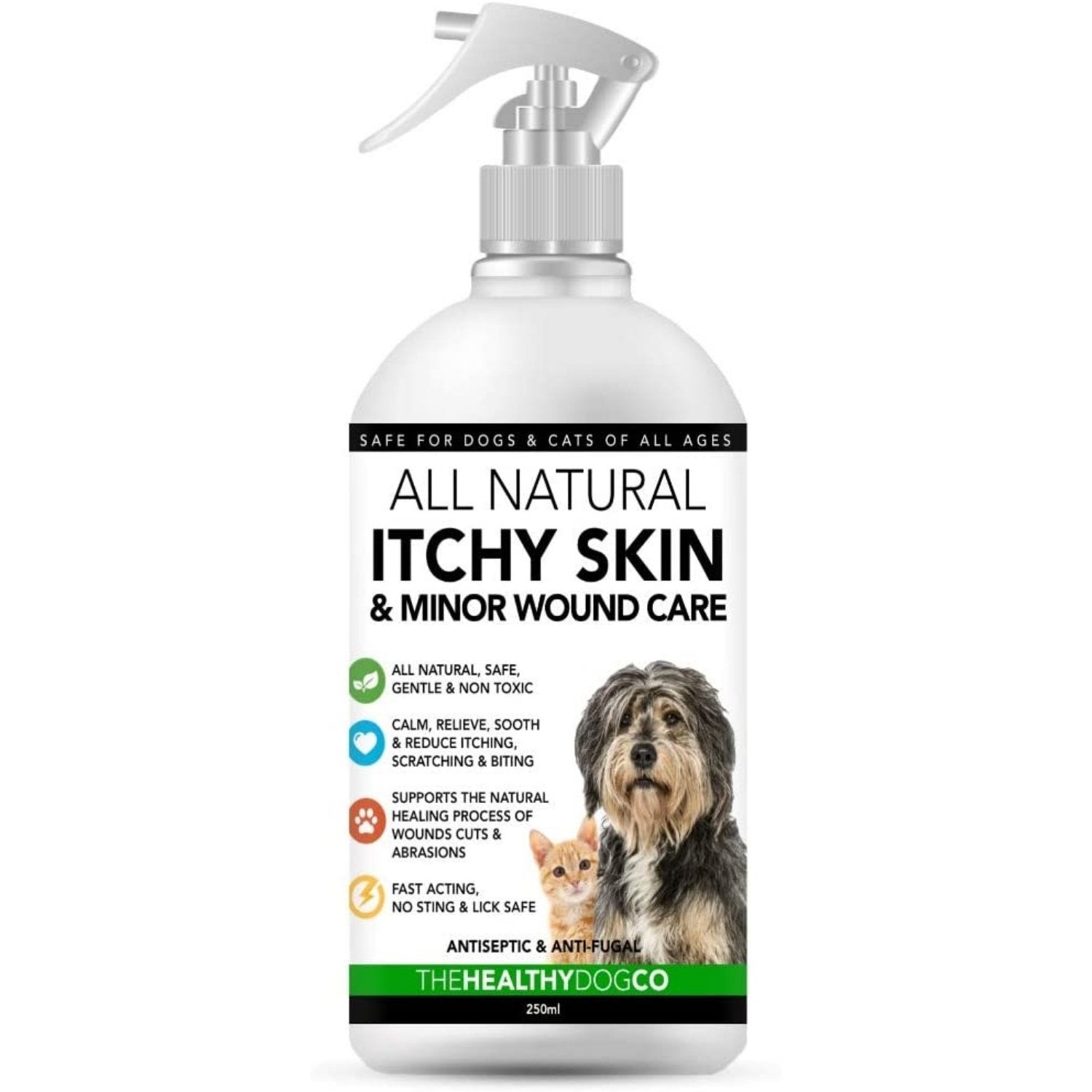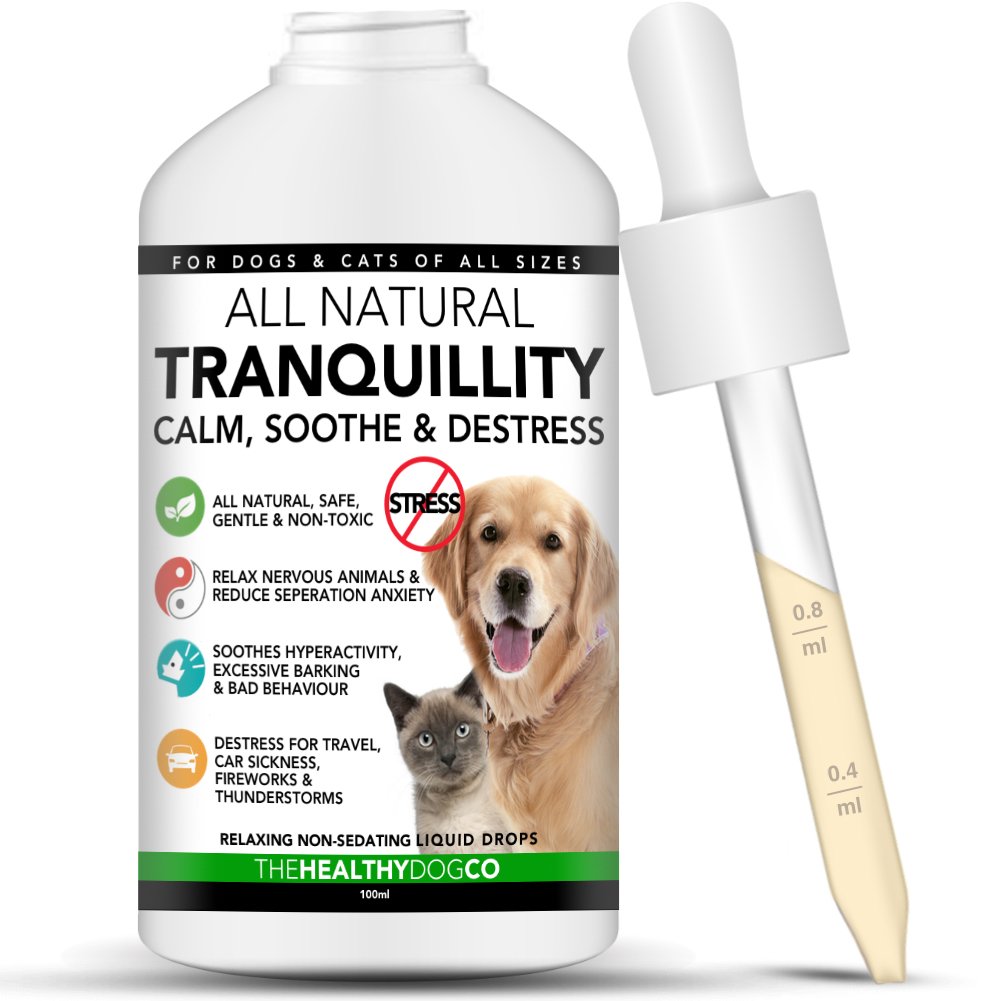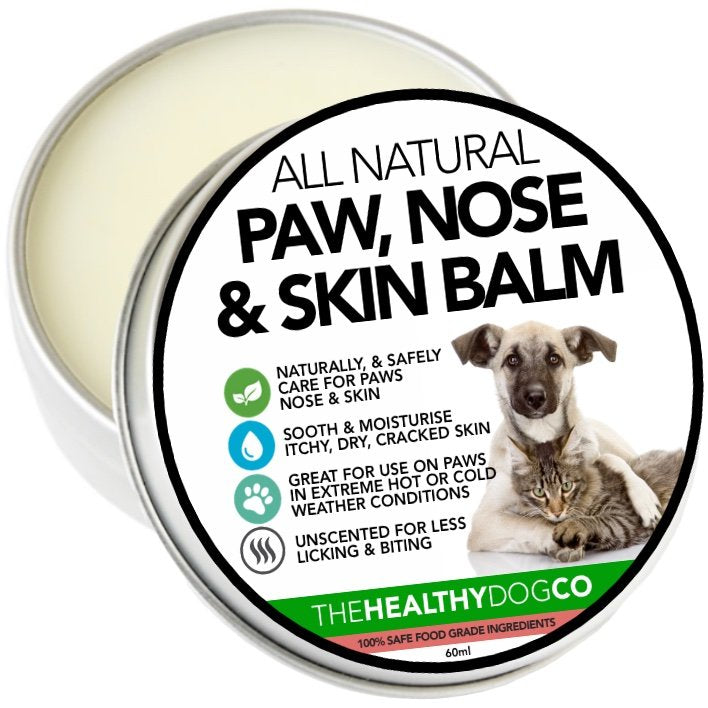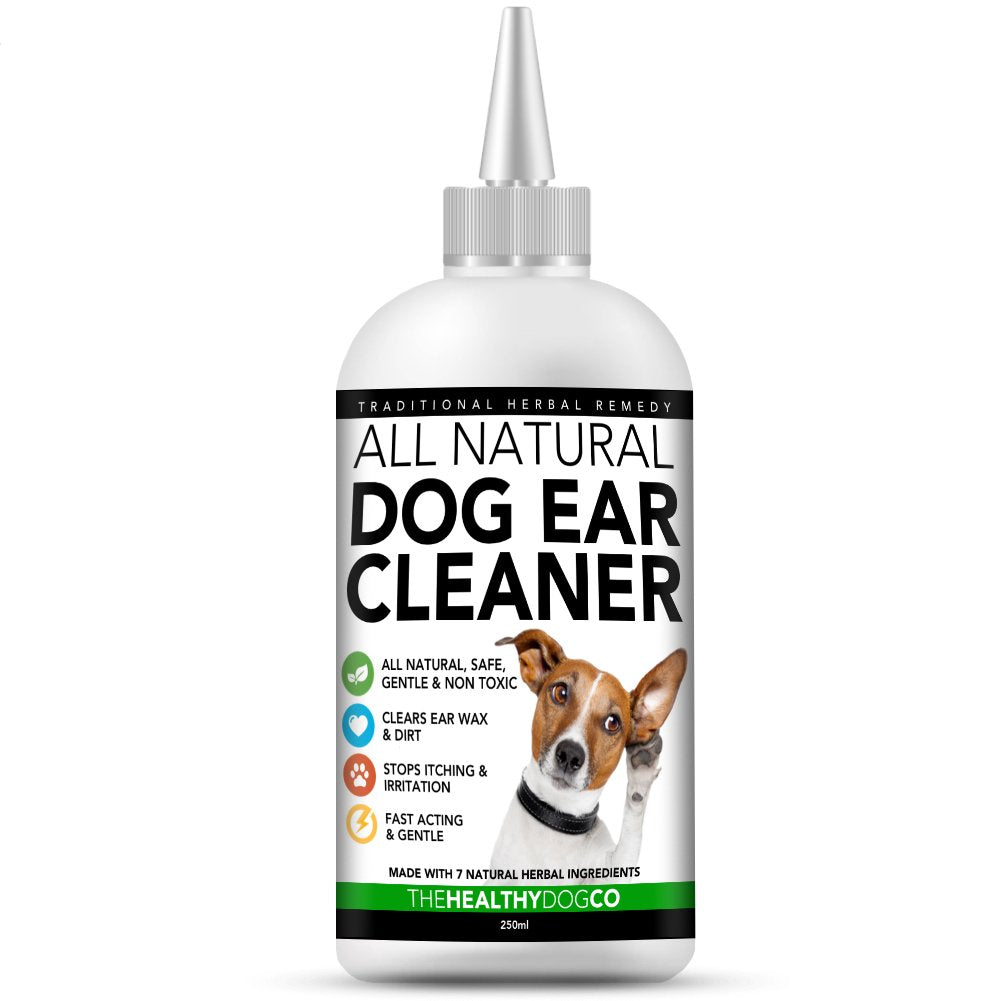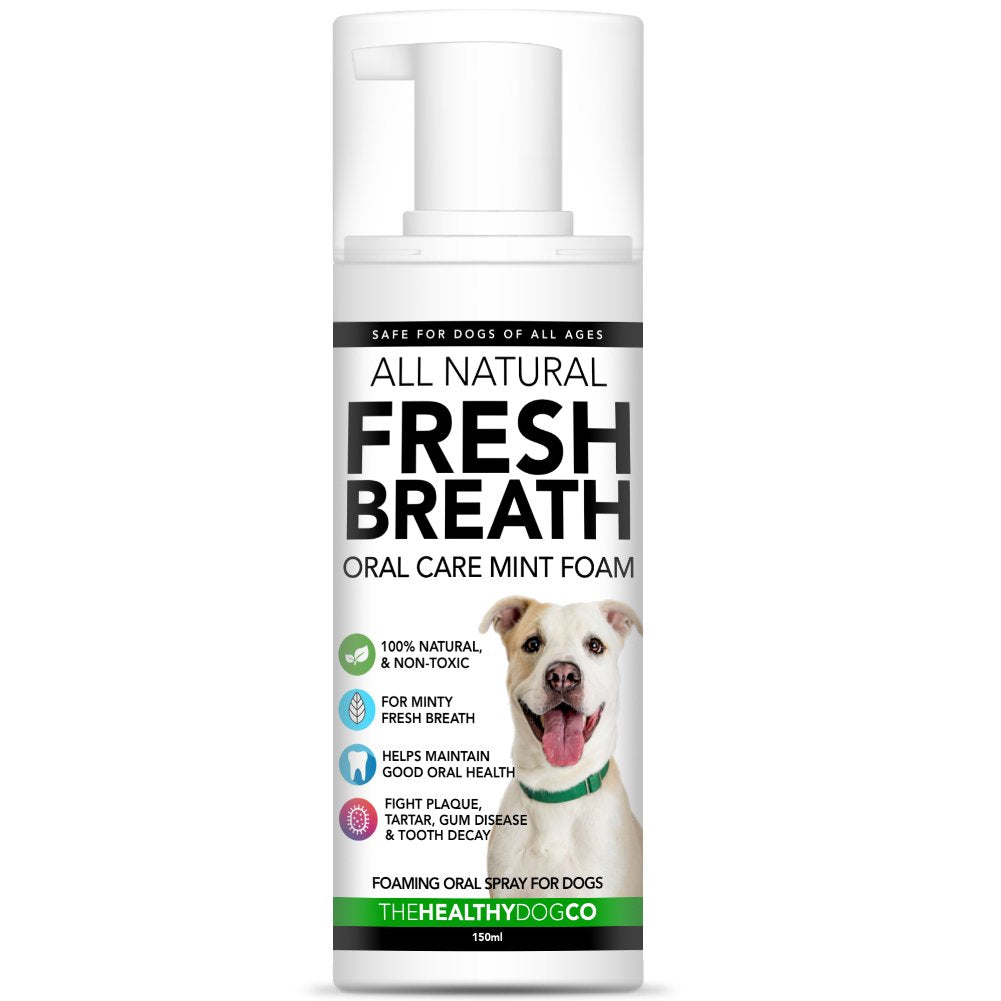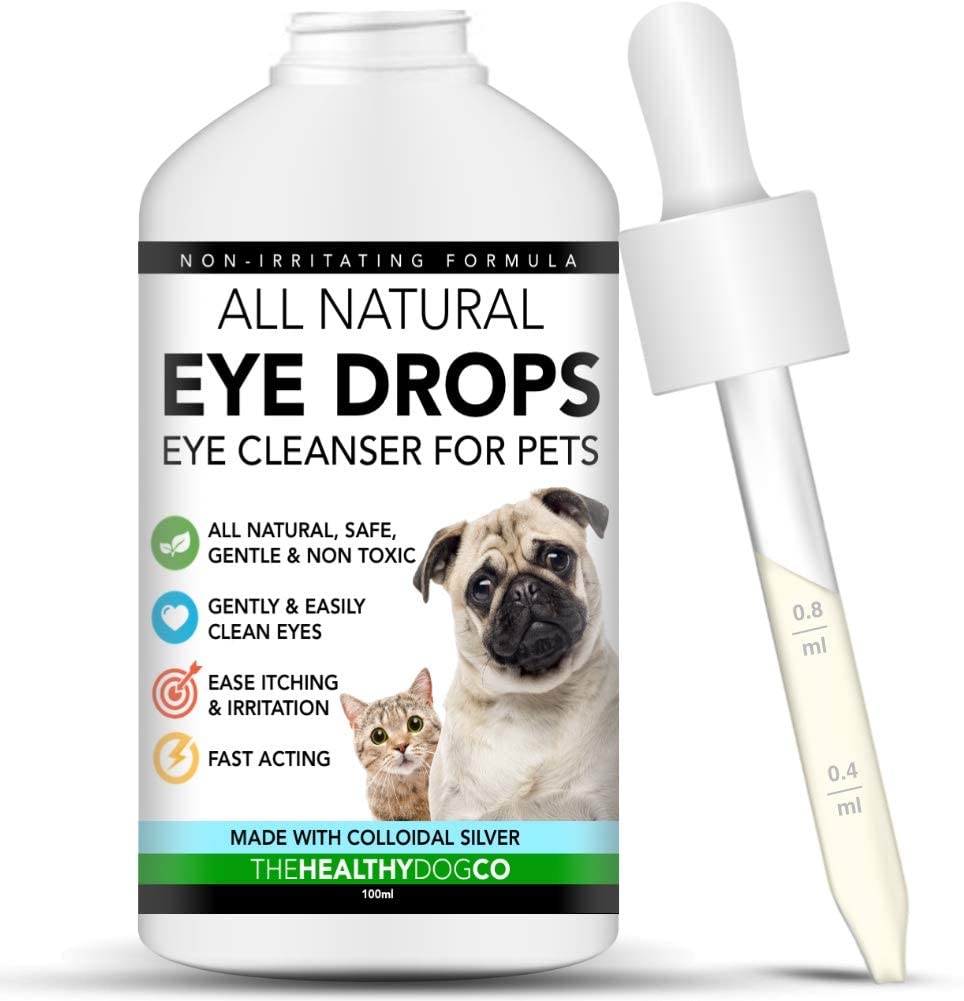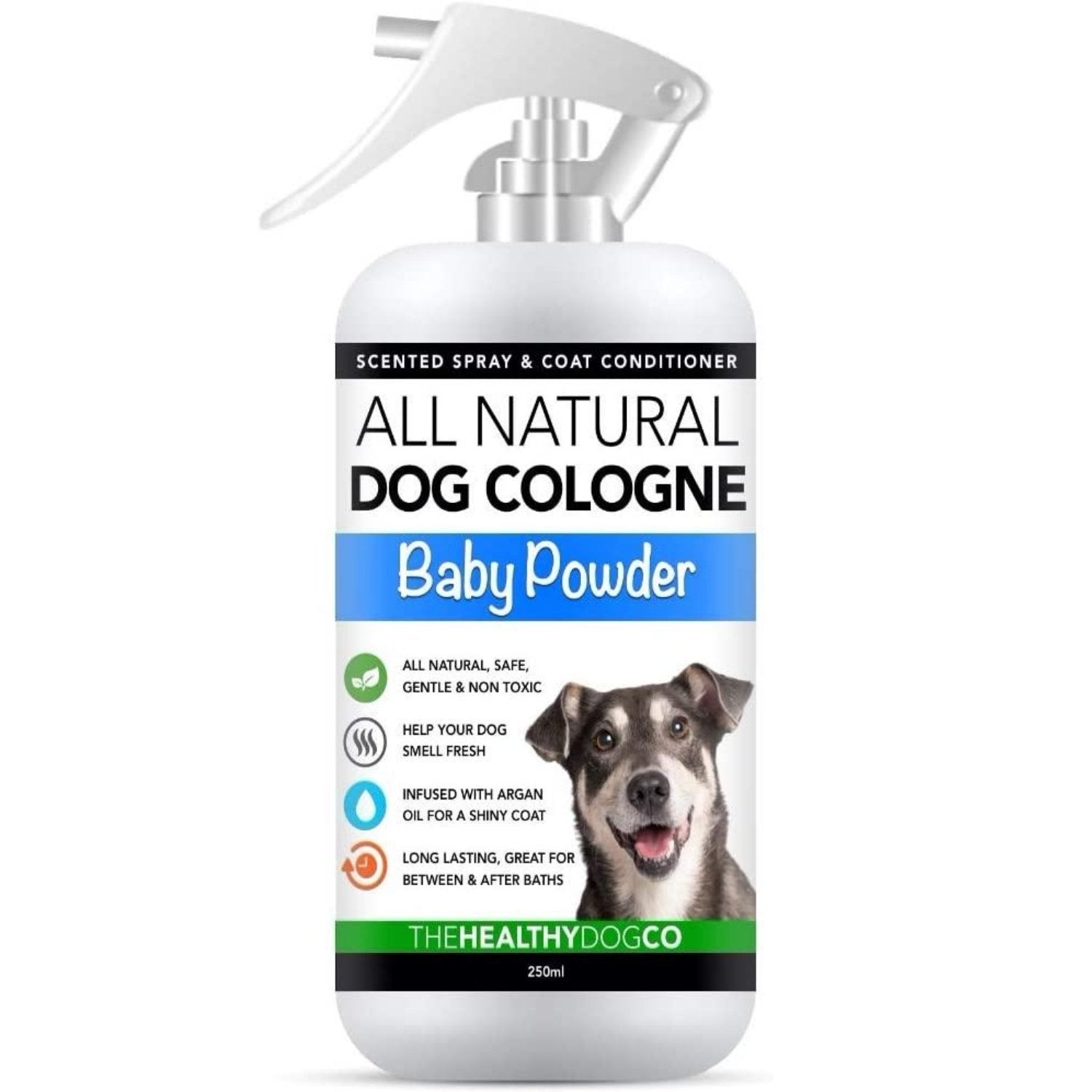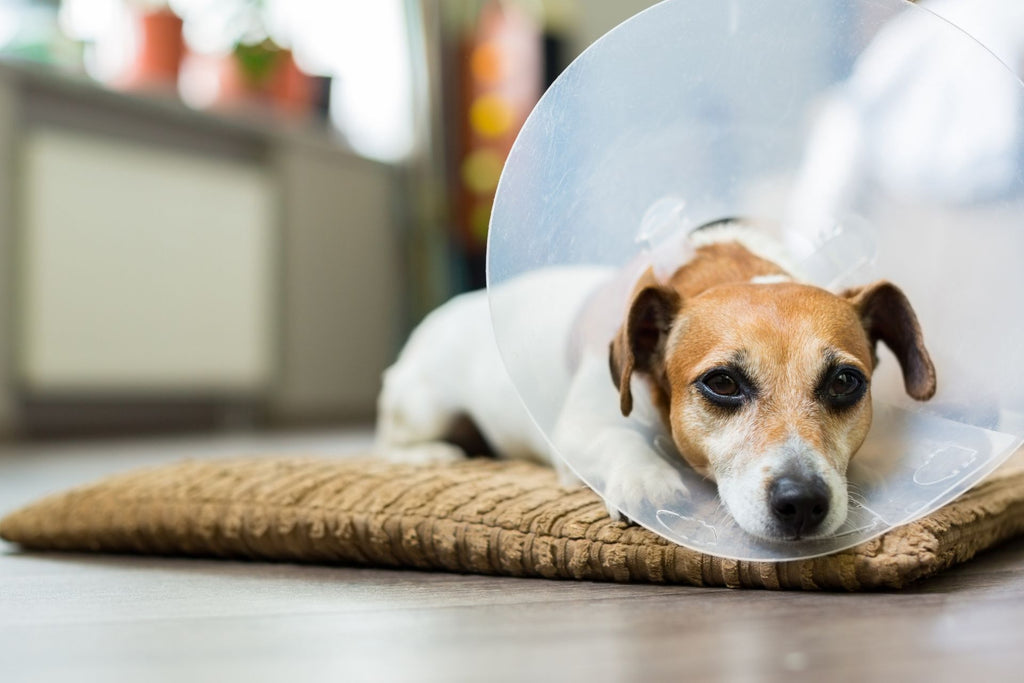
Irritable Bowel Syndrome in Dogs: All You Need to Know

Every dog is prone to a few digestive issues from time to time, but some of them go well beyond that point. When a dog is having consistent and regular digestive issues, including diarrhoea and bloody stools, there is always a chance that they may have developed irritable bowel syndrome, better known as IBS. IBS in dogs is, unfortunately, quite common and can be caused by a multitude of factors. Thankfully, it is usually possible to alleviate this problem with proper treatment. Let's look a little further into this matter and see what we can learn.
What Is IBS?
IBS (irritable bowel syndrome) is an inflammation of the intestines and the digestive system in general. It tends to result in all sorts of digestive problems, as we already know. It is a little bit hard to describe this syndrome in great detail because scientists and veterinarians are not sure exactly what causes this problem. There are many suspected factors, such as poor diet, allergies, mental stress, and all sorts of other things. However, in all cases, the result is that the intestines are invaded by inflammatory cells.
It is important to understand the difference between IBS and IBD (irritable bowel disease). Because many sources talk about these two disorders as if they were the same, some people might be confused into thinking that they are the same thing. However, they most certainly are not.
The difference between them is just the difference between a disease and a syndrome. A syndrome is just a particular set of symptoms that occur, whereas a regular and sustained pattern of those symptoms would be a disease. Although dogs with IBD will certainly experience IBS, it doesn't work the same way in reverse. Many dogs will experience some degree of IBS without ever getting to the point of having full-on IBD.
What Causes Intestinal Inflammation In Dogs?
As we said earlier, no one seems to be sure about the exact causes of this condition. However, most seem to agree that it's caused by a combination of mental and physical factors.
Here is a list of the suspected culprits:
- Not enough fibre in the diet
- Intolerances to certain substances
- Stress or mental strain
- Poor-quality food over a long period
- Bioelectrical changes in the colon
- Depletion or over-abundance of gut bacteria
Causes of IBS in Dogs
So, let's take a closer look at these causes and explain them a little better.
Not Enough Fiber In The Diet
Fibre mostly helps to regulate bowel health by regulating the size and consistency of the stools. Larger and softer stools can pass through the digestive system more easily without constipation. Also, some of the fibre you eat will be fermented in the colon and add to the microbiological health of your gut.
Intolerances To Certain Substances
Just as some humans are intolerant to lactose or other food ingredients, so too are some dogs. These intolerances may be allergic, or they might simply be genetic "quirks." Because of this, it is always good to be cautious when feeding your dog a new kind of food.
Stress or mental strain
This one is a little more difficult to prove because dogs cannot communicate with us as clearly as human beings. Thus, it is much harder to determine their mental state. However, it has been shown that stress can aggravate digestive issues in humans, so it's not much of a stretch to say that canines might be similarly affected.
Poor-Quality Food Over A Long Period
That generic dog food might be cheap, but there are probably reasons for its low price. In most cases, these low-quality foods will contain a lot of filler. Corn is the most common filler by far, and it's usually heavily processed corn as well. Because these cheap brands are not designed for optimal canine health, they can easily cause canine IBS over time.
Bioelectrical Changes In The Colon
The body of any mammal is a complex electrical system in which the brain acts as a generator, and the organs act like batteries. And, just like with a battery, you can end up with serious problems if the voltage/amperage isn't right. Although your body is working with smaller amounts of electricity, the same principles apply.
Depletion Or Over-Abundance Of Gut Bacteria
Most people would think of bacteria in your body as a bad thing, but it's perfectly normal and natural. The stomachs of both dogs and humans contain helpful micro-organisms that aid in digestion and nutrient utilization. Of course, they also feed on some of the food your dog ingests. For that reason, a bad diet can harm or even kill those beneficial bacteria.
Signs And Symptoms
Before we delve into this subject, we should mention that signs and symptoms will vary a lot from case to case. Also, many of these symptoms can occur for other reasons. For instance, a bad case of worms will also cause many of these same symptoms. Here is the point: If you see your dog displaying one or two of these signs, they may or may not have IBS. You are looking for multiple symptoms for maximum correlation.
Here are the most commonly reported signs and symptoms of irritable bowel syndrome in dogs:
Frequent And Severe Diarrhea
This will take the form of small but frequent bowel movements. They will most likely be liquid and will smell even worse than usual. One thing you need to look out for is the smell of blood. If you can detect a faint hint of salty, iron-like scent to the faecal matter, the problem is especially severe.
Mucus deposits found in the dog's faeces: Mucus isn't just that goopy stuff in your nose. The body produces many forms of mucus for a variety of purposes. One of these is the lubrication of the intestines so that food and waste can pass more easily. If that mucus is sticking to the faecal matter and being excreted with it, your dog is likely to have IBS and/or IBD.
Occasional Constipation In Between Bouts Of Diarrhea
This is where things get a little confusing. How can the animal have both diarrhoea and constipation at the same time? The answer is that they cannot have both at the same time. However, they will tend to switch back and forth between the two. The dog will probably refrain from releasing its bowels as often as normal. When they do, it will be especially runny and nasty.
Abdominal Pain
The health of the gut is intimately tied with the health of the intestines. Thus, a dog with IBS or IDS will probably experience some abdominal pain. Because they cannot tell us about their pain, you will probably notice by seeing that your dog is much more sensitive than normal. If they whine and complain when you press on their gut, something is wrong. If they go so far as to growl or snap, that indicates an even more severe problem.
Bloating
The stomach of a dog tends to hold food longer than that of a human. This is a natural evolutionary result of the way that dogs feed in the wild. They might go a long time without making a kill, so they tend to gorge themselves. After that, it might be a while before any more food is available. When the dog is not able to properly evacuate itself, however, the stomach will swell and appear bloated.
Vomiting: This is the most obvious sign, but it isn't the surest. Dogs will often vomit after eating something that they should have left alone. Sometimes they will even eat grass to deliberately induce vomiting. In most cases, these issues are caused by the canine tendency to eat weird things. However, a frequent pattern is very worrisome.
Nausea
Dogs with a nauseous condition will normally show it with a lack of balance and coordination. It takes a little more coordination to make four legs move in unison, so you ought to notice quickly. They will also make noises and gulps as if they are about to vomit, even when their stomach is empty. Of course, vomiting and disorientation tend to go with this condition.
Inability to hold bowel movements for long: If your dog seems unable to hold their waste, it might not be a behavioural issue. A dog with a compromised set of intestines will not be able to hold those accidents in very well. Diarrhoea, if present, is likely to complicate this factor.
Horrible Gas
Canine gas is never a pleasant thing, but it isn't much worse than human gas. However, if you find that your dog is laying down stinkers of epic magnitude, there could be a reason behind the stench. In many cases, gas is caused by the decay of food matter that is stuck in the gut or bowels.
Unwillingness To Eat
Once a dog becomes bloated and gassy, it will feel "full" all the time, even if they have not eaten. As such, they probably won't feel any particular need to eat. They will probably eat after their occasional bowel movements, but even then, they will eat noticeably less.
How Do Vets Diagnose IBS In Dogs?

It can be difficult for a veterinarian to diagnose a case of irritable bowel syndrome. This is the case because no concrete test exists. There is no specific virus or microbe to detect, and the symptoms can all be caused by other conditions. Thus, you might be wondering how this condition is diagnosed. In most cases, it is done through a process of elimination.
If your dog is having digestive issues, your vet will likely want a full set of lab results with which to work. This will include bloodwork, urine and faecal samples, and other kinds of things. None of these tests will conclusively identify the condition, but they will identify the symptoms. Colonoscopies and X-ray examinations might also be called for, especially for those extreme cases.
Before your dog can be diagnosed with IBS, your vet will need to rule out the other common ailments that have similar symptoms. Most of these conditions can be definitively tested for, so that approach does make sense. Unfortunately, it is likely to mean more visits and a higher bill for you in the end.
Common conditions which can mimic the symptoms of IBS or IBD include:
- Inflammatory Colitis
- Pythiosis
- Dietary allergies or intolerances
- Whipworms or other parasites tumours in the digestive system
- Histoplasmosis
- Giardia infection
- Clostridium infection
- Cecal inversionFibre-induced diarrhoea
As you can see, most of these conditions are a lot more serious than IBS. That is why any good veterinarian will test for these problems before diagnosing your dog. That is when treatment options will have to be discussed.
How Do You Treat IBS In Dogs?
So, how to treat IBS in dogs? The first thing to consider is your dog's diet. IBS is most often caused by dietary problems, so you are likely to solve the problem here. If you have been buying cheap and/or heavily processed dog food, that might be the root of the problem. You should also keep an eye on pet food recalls, as these happen quite frequently. More than one dog has become ill because some companies didn't care about their customers or their pets.
If your dog is having digestive problems, you should switch to a food that is at least a little bit higher in fibre. We have already detailed how a strong fibre intake is essential for digestive health, and many cheap or processed dog foods simply don't contain enough. You should also go for something with as little corn as possible because that also tends to be a little harder on the digestive process. As a general rule, dog foods that are based on pure and natural ingredients are also a good way to go. Unfortunately, these foods tend to be more expensive, and some of them are ridiculously so. Most of us simply cannot afford to spend $40-$50 on a single bag of food, even if we might wish to do so. Because of that problem, you will have to examine your budget, examine your options, and come up with the best compromise that you can.
Stress is also one of the most common causes of digestive issues, so you can do a few things to try and reduce your dog's stress level. More attention and petting from you are bound to help, but a little more than that will be needed. You should make sure that they never feel lonely, as that is the number one thing that will stress a pack animal such as a dog. There is no easy answer here, though. You will simply have to examine the day-to-day life of your dog and figure out where the stress comes from.
Our All-Natural Products To Help With Canine IBS
If you find yourself asking: "How can I improve my dog's gut health?", We offer several all-natural products that are intended to promote canine gut health. For instance, we offer large packs of probiotics and digestive enzymes in a concentrated form. For dogs with serious problems, you couldn't ask for a better gut health solution than this one. It works to build those beneficial micro-organisms that allow dogs to digest food properly. This will also result in better nutrition for your dog due to greater bioavailability.
Another one of our most popular products is our Wormwood Intestinal Hygiene liquid. This can easily be put into a dropper and administered to any dog, and it also works for cats. Some people might be nervous about giving Wormwood to a dog since it is toxic and hallucinogenic in large amounts. However, weak solutions of Wormwood like this have been used in medicine for centuries and are considered quite safe. Its' mild toxicity can be a good thing because it will kill worms and other parasites that might inhabit your dog's digestive tract. Getting all of those pesky creatures out of the way will improve your dog's nutrient uptake and digestion dramatically.
Conclusion
IBS and IBD are very common in dogs today, but that is mostly because of the low-quality food that abounds on today's market. Especially with a pandemic putting so many people out of work, it is not so easy to afford that top-shelf food. However, you can always find cheap ways to augment your dog's nutrition. For instance, cans of beef or chicken broth can be stocked very inexpensively, and dogs love that stuff. We hope that this article has been helpful to you and that all of your questions have been answered.
About The Healthy Dog Co
The Healthy Dog Co’s mission is to create products that dog and cat owners can trust with the health of their pets by only producing products with healthy, safe, all-natural ingredients.
At The Healthy Dog Co, it’s all about giving your pet a healthy and happy life with All Natural Health, Happiness and Care Products.
Because Your Pet Deserves Better!
Shop our range of All Natural Healthcare Products for your Dog or Cat today!



